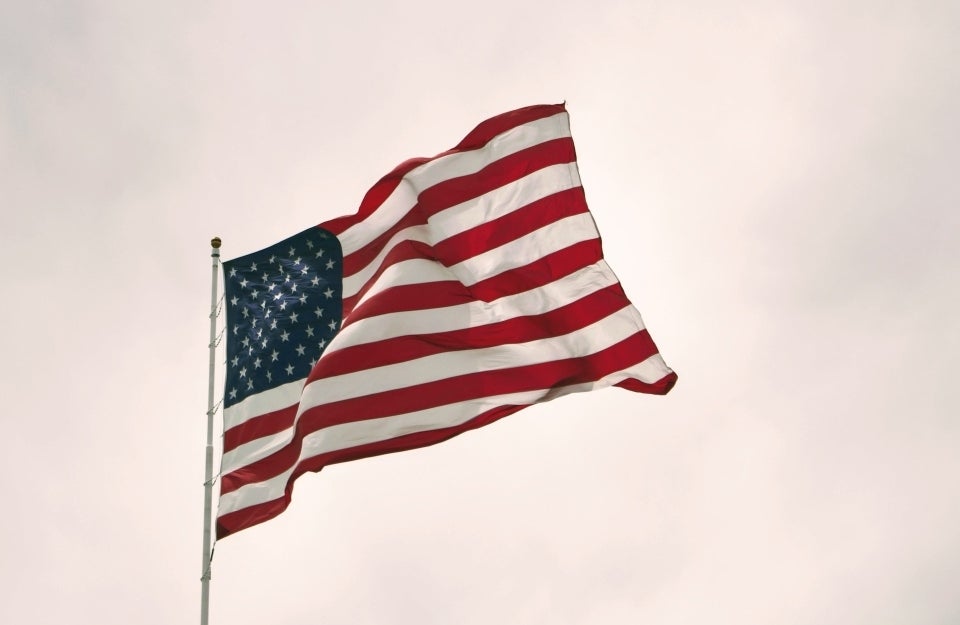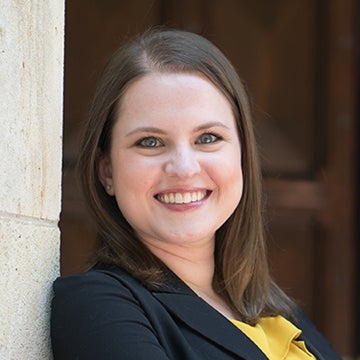Misperceptions Between Political Parties Could Erode Democracy in the U.S.
A new study finds that while most Americans share democratic values, Democrats and Republicans suspect members of the opposing party do not.

Photo Credit: Joshua Hoehne / Unsplash
- Democrats and Republicans estimate that their own party values democratic principles 56-88% more than the other party.
- Believing that another political party does not value democracy is associated with support for anti-democratic actions.
The majority of Americans believe that U.S. democracy, and the country itself, is in crisis and at risk of failing, according to a poll from NPR/Ipsos.
A recent study published in Scientific Reports, suggests that this sentiment stems from a large misperception between the two major political parties in the United States. While both Democrats and Republicans overwhelmingly value core democratic values like free and fair elections, they severely underestimate how much members of the opposing party share those beliefs.

“The more you think the other side subverts democracy — even if you value democracy yourself — the more willing you are to support practices that are undemocratic,” says one of the study’s lead authors, Samantha Moore-Berg, director of the Peace and Conflict Neuroscience Lab at the University of Pennsylvania’s Annenberg School for Communication.
In two surveys of more than 2,000 representative Americans each, the researchers asked Democrats and Republicans to rate how much they value specific democratic norms — like fraud-free elections and equal legal and political rights — and then to estimate how much the average member of their own party (and the opposing party) values these same norms.
Participants were asked to rate each core principle from 0 (not at all important) to 100 (extremely important).
The surveys found that both Democrats and Republicans self-identified as strongly valuing democratic characteristics (with an average score of around 90 out of 100), but believed members of their party value democracy 56%-88% more than members of the other party.
The researchers found that Americans who strongly believe that the opposing political party does not value democracy are more approving of anti-democratic practices, like illegally gerrymandering voting districts, working to shut down the other side’s news outlets, or even using violence to help their party gain power.
"There is an ‘us vs. them’ mentality that is taking a toll on American democracy,” Moore-Berg says. “It is preventing partisans from working together and finding common ground. If we let these misperceptions guide our own actions so much that we are willing to do whatever it takes to make sure that the other side does not have a say, then we are contributing to a decaying democracy.”
This huge discrepancy between perceptions and reality reflects previous research by Moore-Berg. In 2020, Annenberg’s Peace and Conflict Neuroscience Lab found that a majority of Democrats and Republicans overestimate how much the other group dislikes and dehumanizes their group.
“Even during a time of unprecedented political tension and disagreement, our research suggests that both Democrats and Republicans similarly endorse democratic principles, even when we think the other side does not. This provides us with hope that it is possible to intervene on our misperceptions to help subvert democratic violations,” Moore-Berg says.
Moore-Berg and colleagues are working on interventions that might correct these biases and bridge political divides, like a video the Peace and Conflict Neuroscience Lab created for Stanford’s Strengthening Democracy Challenge that reduced anti-democratic attitudes, support for partisan violence, and partisan animosity among representative Americans.
In addition to Moore-Berg, other authors on the study include Michael H. Pasek of the University of Illinois Chicago, Lee-Or Ankori-Karlinsky of Brown University, and Alex Levy-Vene of the University of Bath.



